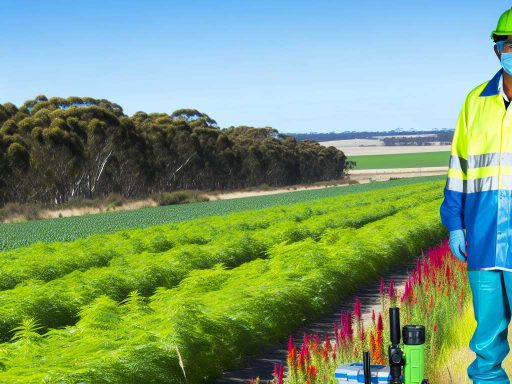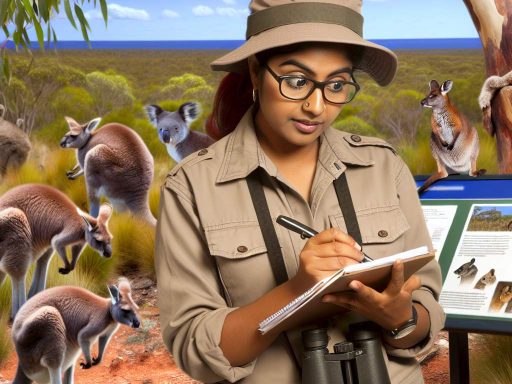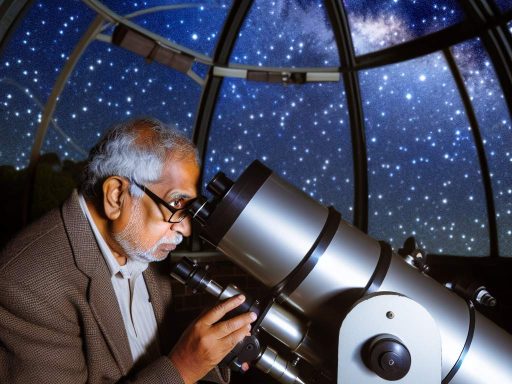Science and Research
Charting a Path in Science and Research in Australia
Australia’s science and research sector stands at the forefront of global innovation, offering exciting opportunities for discovery and advancement.
Whether you’re interested in environmental conservation, medical breakthroughs, or technological development, a career in science and research can be profoundly rewarding.
This guide explores essential steps and strategies for aspiring scientists and researchers looking to navigate the vibrant landscape of Australian science.
Identifying Your Field of Interest
Explore Specializations
- Research options: Dive into different scientific disciplines to find your passion.
- Consider impact: Reflect on how you want your work to contribute to society or advance knowledge.
Stay Informed
- Follow journals and publications: Keep up with the latest research and developments in your chosen field.
- Attend conferences and seminars: Engage with the scientific community to learn and network.
Gaining the Right Qualifications
Pursuing Higher Education
- Undergraduate degree: Start with a bachelor’s degree in a relevant field.
- Postgraduate studies: Consider a master’s or Ph.D. for advanced research opportunities.
Acquiring Practical Experience
- Laboratory work: Gain hands-on experience through internships or work placements.
- Research projects: Participate in research projects during your studies to apply theoretical knowledge.
Building a Professional Network
Connect with Mentors
- Seek guidance: Find mentors in academia or industry who can offer advice and support.
- Develop professional relationships: These connections can lead to collaborative projects and job opportunities.
Leveraging Professional Associations
- Join organizations: Become a member of professional science associations to access resources, events, and networking opportunities.
Navigating the Job Market
Finding Opportunities
- Research institutions and universities: Look for positions in academic and government research bodies.
- Explore industry roles: Many businesses invest in research and development and need scientific expertise.
Preparing for the Application Process
- Tailor your CV: Highlight your education, research experience, and any publications or presentations.
- Practice communication: Be ready to discuss your research and its significance in interviews.
Staying Ahead in Your Career
Continuous Learning
- Embrace lifelong learning: The field of science is always evolving; stay current through courses and self-study.
- Cross-disciplinary skills: Consider learning complementary skills like data analysis or programming.
Contributing to Your Field
- Publish research: Share your findings through reputable journals and conferences.
- Engage with the public: Participate in science communication and outreach to raise awareness and interest in your field.
Conclusion
A career in science and research in Australia offers a chance to explore uncharted territories, solve complex problems, and contribute to the global body of knowledge.
By focusing on your interests, acquiring the right qualifications, building a solid professional network, and continuously advancing your skills, you can forge a fulfilling and impactful career in this dynamic sector.









